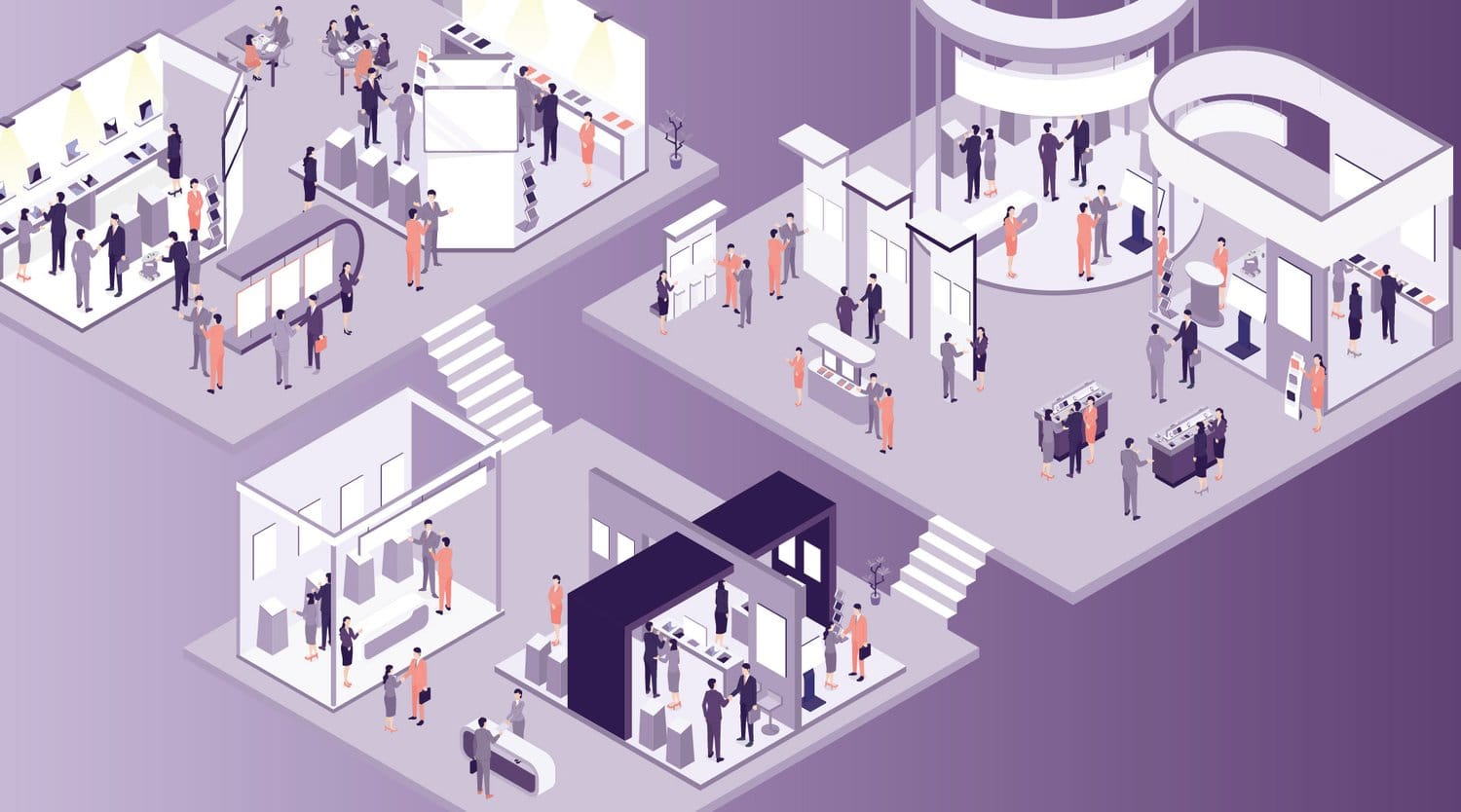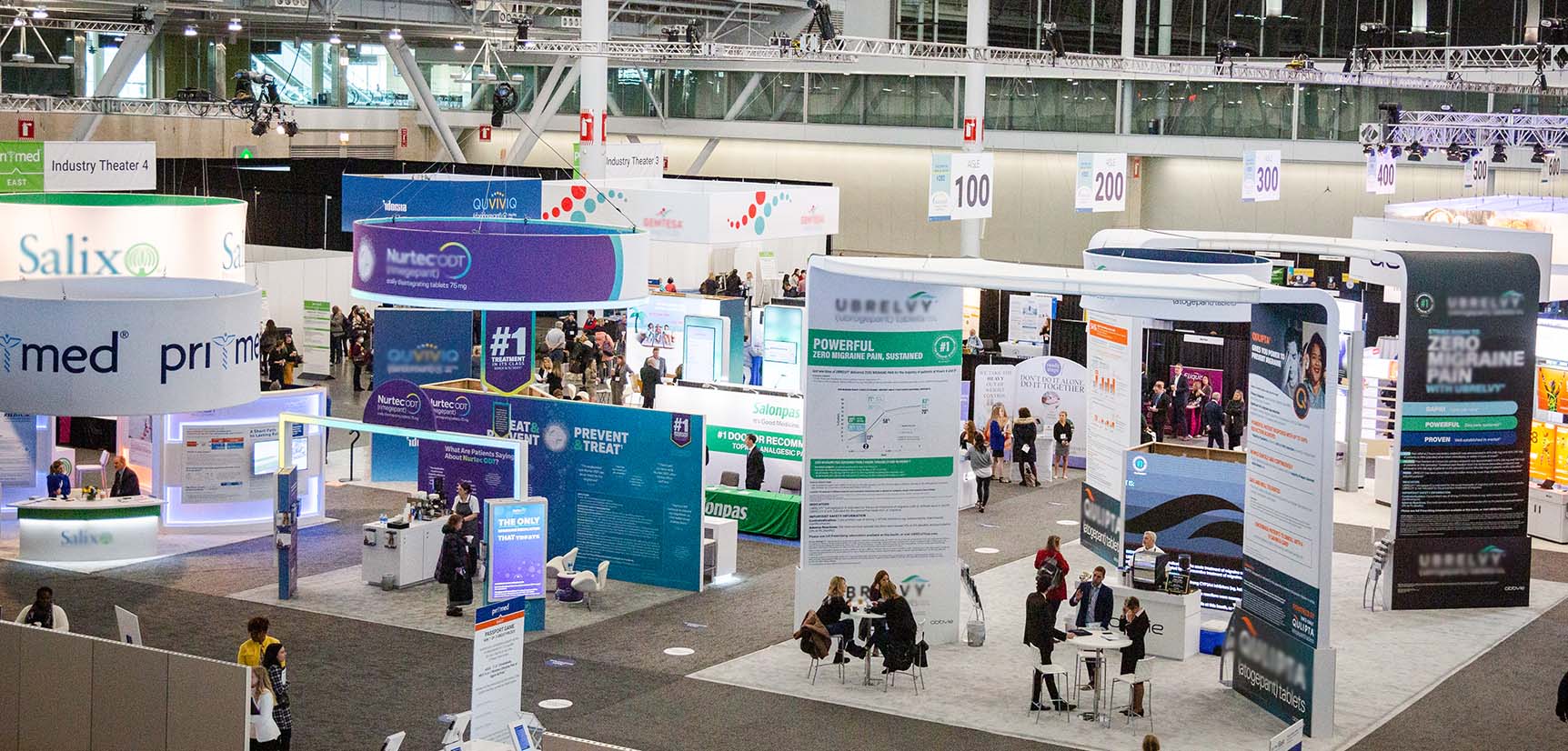How to Navigate a Pharmacy Conference
This guide breaks down the essential components of planning, attending, and following up from a pharmaceutical conference, tailored to varying career stages and goals.

Pharmacy conferences offer a wealth of opportunity—networking, professional development, education, and exposure to the latest clinical and scientific advances. Whether you're a pharmacy student attending your first meeting or an industry fellow aiming to gain additional experiences, understanding how to navigate these events strategically can significantly elevate your experience and long-term career trajectory. This guide breaks down the essential components of planning, attending, and following up from a pharmaceutical conference, tailored to varying career stages and goals.
I. Strategic Planning: Laying the Foundation
Before setting foot in the convention center, thorough preparation is key. Each attendee should tailor their plan according to their current role and professional objectives.
A. Clarify Your Goals
- Students: Focus on career exploration, learning about new therapies, and meeting professionals from different pharmacy tracks (clinical, academic, industry).
- Residents: Prioritize sessions related to your clinical area of interest, and identify key investigators or institutions you may want to work with post-residency.
- Fellows (especially industry): Target company-specific symposia, investigator meetings, and networking events to deepen disease-state knowledge and meet stakeholders from medical affairs, HEOR, and clinical development. Many responsibilities may be included within your functional area, such as staffing the medical information booth within a medical affairs fellowship.
- Pharmacists: Look for updates on practice guidelines, continuing education (CE) opportunities, and vendor exhibits to explore new tools or services for your practice.
B. Register Early and Research the Agenda
- Bookmark key sessions (e.g., oral presentations, symposia, late-breaking abstracts).
- Download the conference app or portal, which often allows you to create a personalized agenda.
- Identify overlapping events and plan alternatives.
- Determine dress codes, poster presentation requirements, and registration add-ons (e.g., networking events, meal tickets).
C. Set Up Meetings in Advance
- Schedule 1:1s with mentors, company representatives, or investigators via LinkedIn or email.
- If industry-bound, coordinate meetings with MSLs, recruiters, or HEOR professionals.
- For residents/students, consider also asking faculty or preceptors for introductions.

II. Conference Activities: Making the Most of Your Time
Once the conference begins, it's easy to become overwhelmed. Understanding the overall structure and key activities can help you navigate confidently.
A. Scientific Sessions
- Oral/Plenary Presentations: Focus on cutting-edge data or landmark studies.
- Posters: Walk through sessions with an eye on your therapeutic interests. Ask questions—it’s a low-pressure way to network and learn.
- CE Sessions: A great opportunity for pharmacists and residents to maintain licensure while staying clinically current.
B. Industry Symposia and Investigator Meetings
- These often offer deeper dives into a company’s pipeline or therapeutic strategy.
- Fellows and pharmacists in industry can also attend sessions hosted by competitors or collaborators to gain landscape insight.
C. Networking and Professional Development Events
- Residency Showcases and Fellowship Meetups: Key for students or PGY1s exploring next steps.
- Company-sponsored Receptions: These allow you to connect with senior leaders in a casual setting.
- Affinity Groups and DEI Events: Valuable for finding mentors who share similar backgrounds or goals.
D. Exhibit Hall
- Visit booths for clinical trial vendors, drug compendia, medical affairs software, and more.
- Students and residents can speak with recruiters or learn about pipeline products.
- Fellows and pharmacists can evaluate competitor positioning and real-world data initiatives.

III. Tailoring to Specific Career Tracks
A. Clinical Residents
- Attend guideline updates and late-breaking clinical trials relevant to your rotation or area of specialization.
- Meet with investigators to ask about fellowship or research opportunities.
- Prepare thoughtful questions to ask during poster sessions—these can leave a lasting impression.
B. Industry Fellows
- Target networking events with internal stakeholders and peers from other companies.
- Attend sessions related to your functional area (e.g., HEOR, MSL, regulatory).
- Take notes on how competitors position their data and identify any knowledge gaps in your company’s approach.
C. Pharmacy Students
- Keep a journal of interesting therapeutic areas or practice sites you discover.
- Ask for informational interviews from professionals you admire—this can help clarify your future direction.
- Volunteer if possible—this often gives you behind-the-scenes access and networking perks.
D. Pharmacists in Practice
- Collect CE credits strategically while staying current with evidence-based medicine.
- Evaluate new clinical tools, drug information services, and apps to bring back to your institution.
- Use the time to rekindle professional connections and explore collaboration opportunities.

IV. Post-Conference Follow-Up: Maximizing Long-Term Impact
Your experience doesn’t end when the conference wraps—arguably, the most important work happens after you return.
A. Organize Your Notes
- Create a digital folder categorizing sessions attended, contacts made, and ideas to implement.
- Summarize key takeaways in a short internal presentation if you're in a team setting.
B. Follow Up with Contacts
- Within a couple days, send personalized follow-up emails or LinkedIn messages thanking people for their time.
- Share a relevant article or observation from a session you discussed—it shows genuine interest.
C. Implement Learnings
- For clinicians: Propose a journal club or incorporate new data into your institution’s practice.
- For fellows: Debrief with your manager or cross-functional team to share competitor insights or new scientific trends.
- For students: Reflect on what career pathways sparked your interest and adjust your goals accordingly.
D. Update Your CV or LinkedIn
- Add any presentations, speaking engagements, or major conference participation.
- Post a brief recap or takeaway from the conference on LinkedIn to showcase engagement and thought leadership.
Conclusion
Pharmaceutical conferences can serve as transformational experiences if approached with intention and strategy. For pharmacy students, residents, fellows, and practicing pharmacists alike, these events are more than just education—they are launchpads for growth, insight, and influence. By tailoring your approach to your role and career goals, you can maximize every session, conversation, and connection to propel your professional journey forward.
*Information presented on RxTeach does not represent the opinion of any specific company, organization, or team other than the authors themselves. No patient-provider relationship is created.

